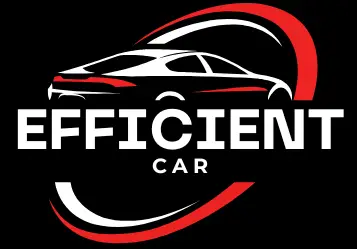Immediate Cost Reductions Through Fuel Efficiency and Gas Cards
The ESSO Fuel Card and Valero Fleet Cards offer businesses an efficient way to manage fuel purchases for fleets across thousands of U.S. locations, including gas stations and truck stops. These fuel cards provide significant savings with fuel discounts, rebates, and control over fuel costs through advanced tools like purchase controls, fraud prevention, and transaction tracking. With a wide acceptance network and a mobile app for drivers, these cards improve efficiency and cash flow while offering top-tier customer service and reporting features. Whether managing diesel or gas for vehicles, fleets can benefit from streamlined services, reduced fees, and a comprehensive range of solutions tailored to business needs.
Long-term Savings Through Reduced Maintenance
Efficient vehicles often offer superior reliability and require less frequent repairs. Electric vehicles (EVs), in particular, have fewer moving parts than conventional engines, resulting in lower maintenance expenses over time. This improved performance translates to fewer workshop visits and reduced downtime, creating additional value for businesses through increased operational efficiency.

